The World Bank has expressed deep concern over Nigeria’s worsening poverty crisis, revealing that about 139 million citizens are now living in poverty despite recent government efforts to stabilize the economy.
The alarming figure was disclosed on Wednesday by the World Bank Country Director for Nigeria, Mathew Verghis, during the launch of the October 2025 Nigeria Development Update (NDU) in Abuja, titled “From Policy to People: Bringing the Reform Gains Home.”
According to the Bank, unless ongoing economic reforms translate into real improvements in citizens’ lives, Nigeria risks losing the gains of its current stabilization drive.
The report has since sparked widespread debate, drawing reactions from civil rights activists, opposition parties, and the federal government.
Presidency Rejects World Bank Figures
In a swift response, the Presidency described the World Bank’s poverty data as “unrealistic and detached from local realities.”
In a statement issued by President Bola Tinubu’s Special Adviser on Media and Public Communications, Sunday Dare, the government argued that the World Bank’s estimate should be “properly contextualized within global poverty measurement models.”
“While Nigeria values its partnership with the World Bank, the quoted figure must be understood within the framework of the global poverty line, which is set at $2.15 per person per day (PPP, 2017). Converted locally, this equals roughly ₦100,000 per month, higher than Nigeria’s new minimum wage of ₦70,000 — hence, it’s an analytical construct, not a reflection of real income realities,” Dare said.
The government insisted that President Tinubu’s administration remains committed to reducing poverty, but rejected what it called “exaggerated statistical interpretations detached from Nigerian conditions.”
Opposition, Activists Fault Government
However, opposition voices and rights groups have criticized the government’s dismissal of the World Bank findings.
The African Democratic Congress (ADC) urged President Tinubu to accept the report as a wake-up call, describing it as “a painful but honest reflection of the worsening living conditions under current economic policies.”
Civil rights activist Mahdi Shehu said the report only confirms what Nigerians have endured for years, especially in the North.
“Yesterday’s assertion by the World Bank that 139 million Nigerians are facing acute hunger is not news to those who know what Nigerians have been going through since 2015,” Shehu told DAILY POST.
He described Nigeria as a nation trapped in “despair, decay, and hopelessness,” citing over 30 million out-of-school children, rising malnutrition, and daily deaths from preventable diseases as proof of the country’s social collapse.
Shehu lamented that the northern region has suffered the most, saying over 80 percent of northerners now live in “permanent economic bondage.”
“For the northern part of Nigeria, democracy means nothing. It has destroyed their cohesion, trade, and well-being, reducing them to a level below that of slaves,” he said.
Rejecting the Report Is Injustice – Bello
Similarly, politician and public affairs analyst Hon. Jafar Sani Bello warned that dismissing the World Bank’s report would be an “injustice and insult” to millions of suffering Nigerians.
“It’s a report from a reputable organization. As painful as it sounds, we must face it and find ways to bring relief to the affected citizens,” Bello said.
He blamed insecurity, high production costs, and unfavorable agricultural policies for worsening poverty in the North.
“The importation of rice and maize, the high cost of fertilizer, and the insecurity ravaging northern communities have made things unbearable for farmers. Most can barely break even,” he noted.
As the debate intensifies, experts warn that unless urgent action is taken, Nigeria could slide deeper into poverty — despite reforms aimed at rescuing the economy.


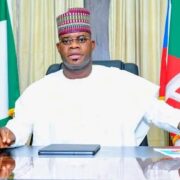

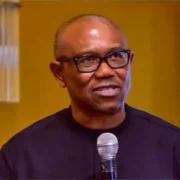

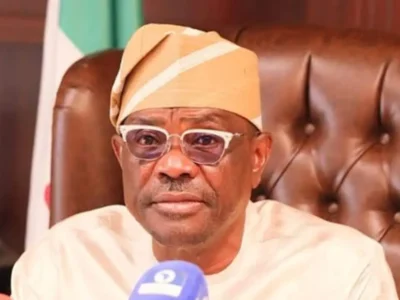
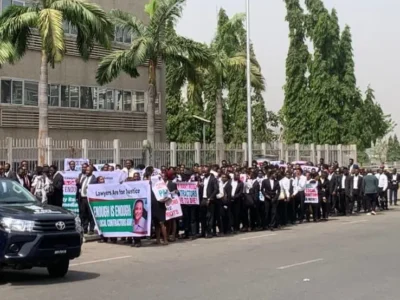
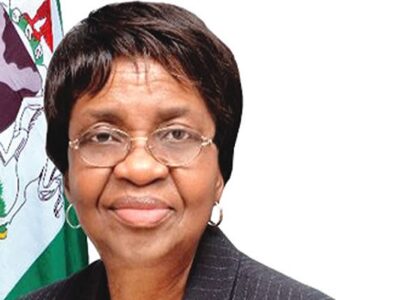










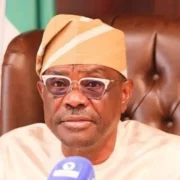
Comments